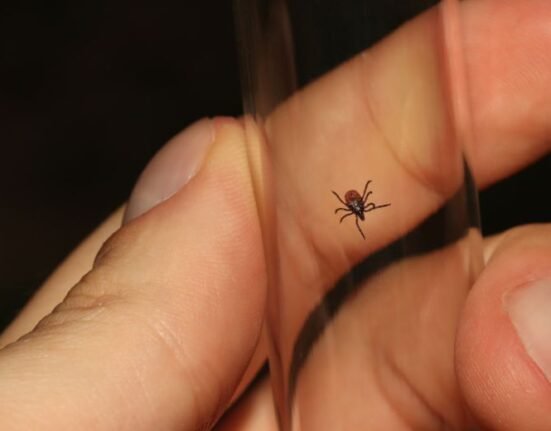HQ Team
December 6, 2023: Pfizer and Valneva SE announced that they have finalized enrolment in the VALOR Phase III trial of their Lyme disease vaccine candidate, VLA15.
The two pharma companies faced disruption in their Phase 3 trial earlier in the year in testing the vaccine. Half of the participants from the trial were removed after concerns over standards violations by the trial conducting body, Care Access.The Phase 3 study was initiated in August 2022 with over nine thousand following positive Phase 2 trial results.
The trial results were expected to be completed in 2025, which was pushed to 2026 after the disruption.
Care Access appealed to the Food and Drug Administration for an independent review. The FDA cleared Care Access in October,
Pfizer and Valneva signed an agreement in April 2020 to co-develop VLA15.
‘The VLA15 candidate has demonstrated a strong immune response and has been considered generally safe and well tolerated in all age groups in preclinical and clinical studies conducted to date’, read a statement from the companies.
Relaunch of trial
The partners have now again enrolled 9,437 study volunteers at sites in the U.S., Europe and Canada. A second study in children, designed to provide more details on the shot’s safety, has also been fully recruited, the companies said. Participants will be followed for the occurrence of Lyme disease. The trial is conducted at sites located in areas where Lyme disease is highly endemic across the U.S., Canada, and Europe and has enrolled volunteers with a cleared past infection
Lyme disease is caused by Borrelia burgdorferi bacteria transmitted to humans by the bite of infected Ixodes ticks. It is considered the most common vector-borne illness in the Northern Hemisphere. While the true incidence of Lyme disease is unknown, it is estimated to annually affect approximately 476,000 people in the U.S. and 129,000 people in Europe. There are currently no vaccines for Lyme disease. Earlier, GSK had launched a vaccine called Lymerix, which was withdrawn in 2002 amid low demand. But the disease has got prevalent in recent years, pushing the need for a vaccine, according to recent numbers revealed by the Centers for Disease Control and Prevention.

